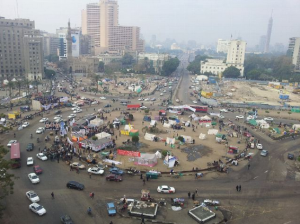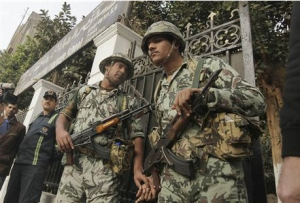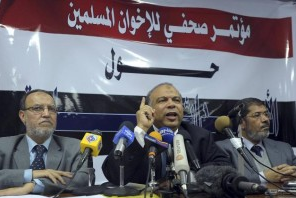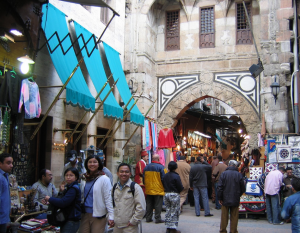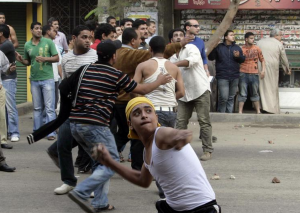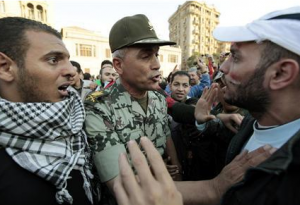By Danny B.
The “Arab Spring,” simplistically coined as a regional freedom and democracy movement, is leading to protracted periods of sectarian fighting and an accelerated breakdown of the Arab states.
The genesis of Arab states is in mandates maintained by European powers, Britain and France, following the collapse of the Ottoman Empire in World War One. The Sykes-Picot Agreement, with reluctant consent from Moscow, carved up zones of influence for the two colonial powers in the Middle East. As a result, newly independent Arab states were hastily crafted without much consideration for outstanding sectarian conflicts. Generally speaking, concepts of nation-states are rather foreign to the region, thus a lack of unifying narratives, combined with outstanding internal sectarian conflicts, and destined these Arab states to be plagued with a myriad of seemingly irreversible problems.
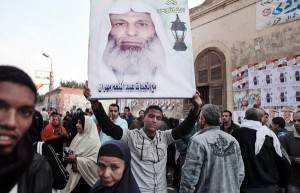
For decades, Arab states have attempted to establish a variety of political platforms to ensure economic growth, security, and increase sovereign power. Excluding the oil-rich GCC monarchs, the political concepts of Arab socialism (Baathism), pan-Arabism, and secular-nationalism have failed. Then the collective Arab defeat in the Six Day War against Israel, compelled many in the Muslim world to seek a new sociopolitical answer to the Jewish State and the West. Their defeat, in addition to other factors, was one catalyst for the Islamic awakening in those nations. That said, moderate political Islamic movements, like the Muslim Brotherhood, endured decades of modest, yet solid beginnings as a result of suppressive secular dictatorships. But with the weakening or ousting of these leaders, the political Islamists have seized the initiative, thus set to rule many Arab states. Most surprising however, are the unprecedented gains by more radical Salafist sects throughout the region – at the expense of inept liberal parties – which has propelled them to lead the new opposition against their new rivals, the Muslim Brotherhood. It is important to note that Salafist Islam comes in various degrees, but the their burgeoning influence results from the work of the most radical Salafists. Their surge has become one of the most important consequences of the “Arab Spring.” For these reasons, this Salafist stream now appears to be the primary obstacle for more moderate political Islam, embodied in parties such as the Freedom and Justice in Egypt, or the Ennahda Party in Tunisia.
Continue reading The Arab Spring: The Decline of the Arab Nation-State?
